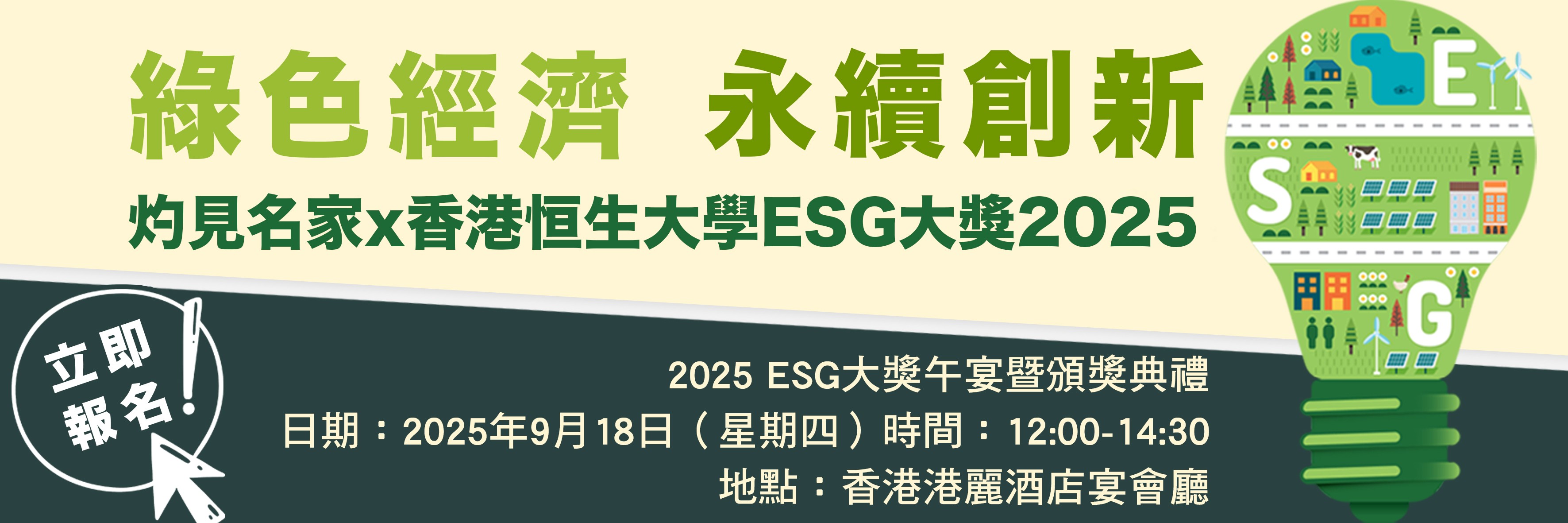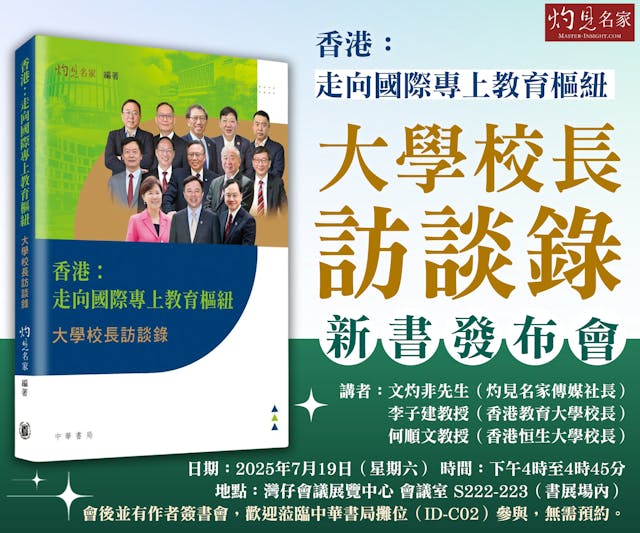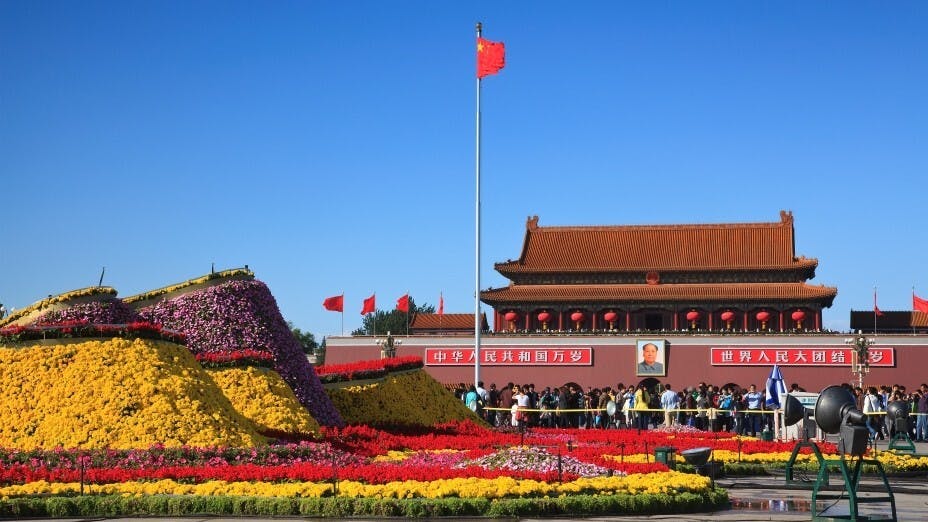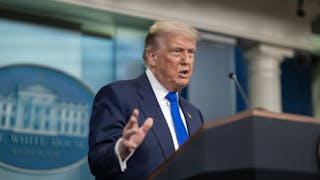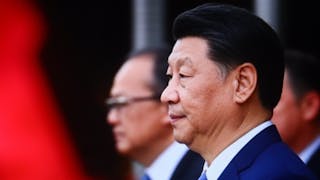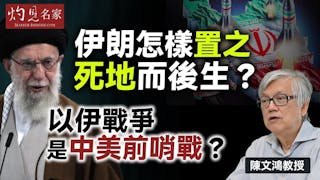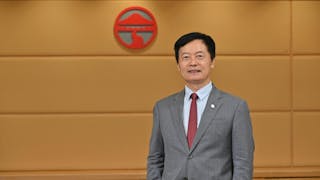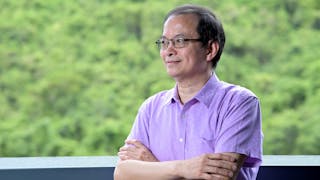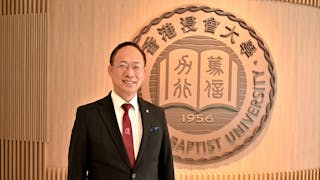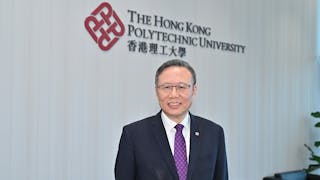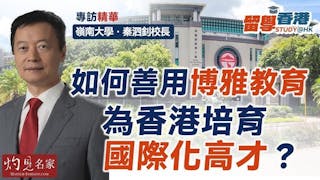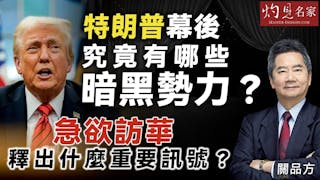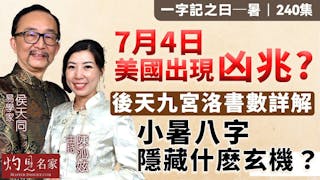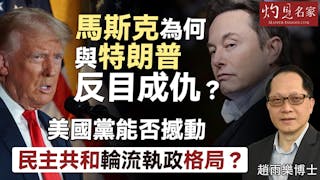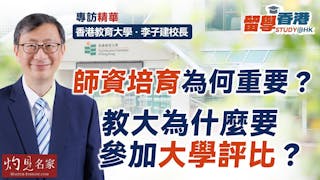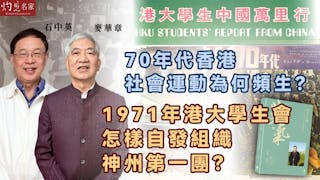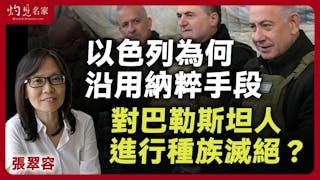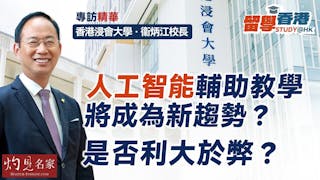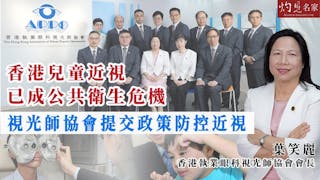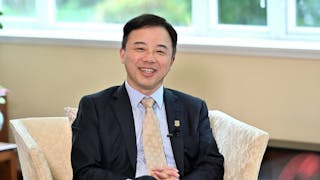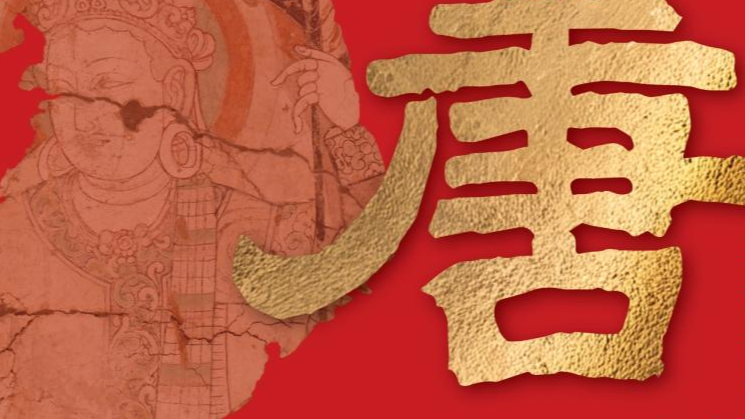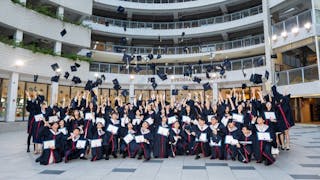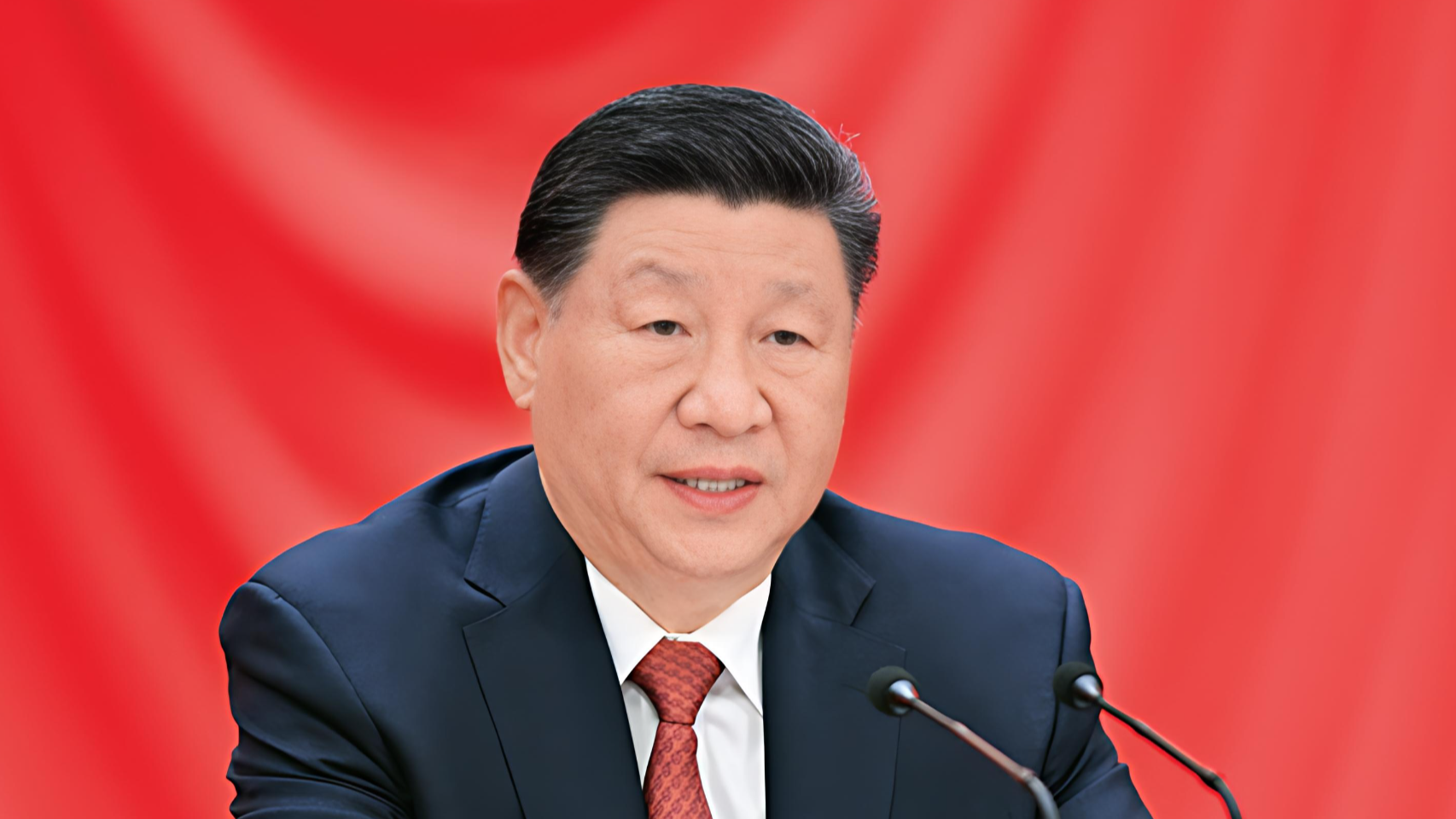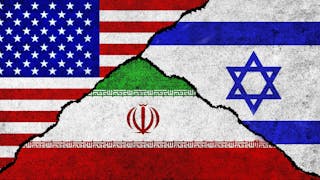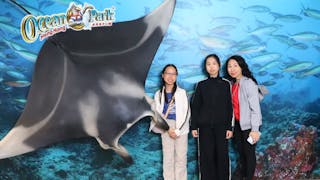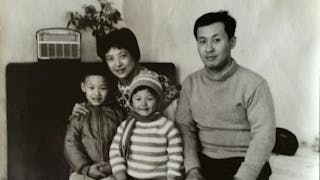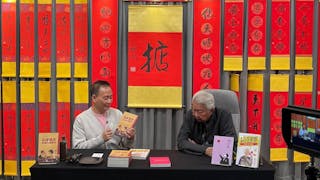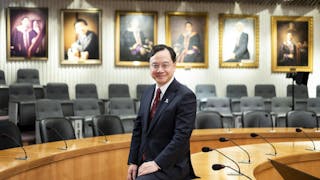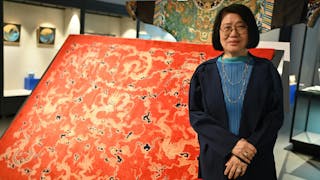從中國促成伊朗與沙特阿拉伯恢復邦交的方式,以及中國外交部長秦剛在全國人大會議和全國政協會議「兩會」期間回答提問來看,除了北京以往強調的多邊主義、反霸權主義、促進全球和平發展、「人類命運共同體」、相互尊重與合作、堅持獨立自主的外交政策外,中國近期踐行的「大國外交」出現了一些新特點,即在國際爭端中積極充當調解人和強調非西方式現代化,《人民日報》2022年11月8日刊登外交部前部長王毅關於〈全面推進中國特色大國外交〉的重要文章,中國外交部網站同步刊登。(見https://www.fmprc.gov.cn/wjbzhd/202211/t20221108_10801907.shtml)
反帝國主義的大國外交
這篇文章有幾點與中國的「大國外交」有關。首先,它提到了中國共產黨為實現中華民族偉大復興而推進大國外交的目標。這是19世紀以來中國飽受外國帝國主義欺凌和侵略而具有政治和歷史意義的重要使命。2000年代初期以來,從民族主義的角度看,中華人民共和國的崛起,使歷史上受列強欺凌的中國,轉變為以其獨特外交手段應對西方世界,尤其是美國西方盟友的新興大國。 總之,中國「大國外交」的基礎是民族主義和反帝國主義。正如王毅在文章中強調的那樣,中國共產黨用100年的時間重塑了中國,恢復了國際社會對中國的信心。
其次,中國的大國外交帶有高度的國際社會主義色彩,但這種新的國際社會主義,並不是建立在已故毛澤東主席領導下的毛澤東主義者所倡導的革命外交之上。相反,實現世界和平與開創「人類命運共同體」是中國大國外交的雙重目標──帶有社會主義色彩和理想的雙重目標。
第三,王毅強調,中國在國際衝突對抗的世界中具有新的作用。他認為,「國際關係民主化」是必然趨勢。 因此,中國反對單邊主義、保護主義和霸權主義──這句話暗示有些國家,尤其是美國,在經濟相互依存的世界中可以說已經過時了。 由於前總統特朗普領導下的美國奉行以單邊主義、保護主義和霸權主義為特徵的外交政策,中國抓住了填補華盛頓留下的國際真空的大好時機,卻容易成為美國的意識形態敵人。
第四,王毅在文章中提到的大國外交概念可以追溯至2014年,當時中共總書記習近平在中央外事工作會議指出,中國要有「中國特色、中國風格、中國氣派」的外交政策; 2017年,「全面推進中國特色大國外交」納入發展中國特色社會主義的指導思想和戰略部署;2018年,習近平主席在中央外事工作會議上再次強調,對外工作要牢牢把握服務民族復興、促進人類進步這條主線,推動構建人類命運共同體,開創中國特色大國外交新局面。中國特色和「人類命運共同體」的社會主義基調,成為中國新外交政策的顯著特徵。
黨政關係向黨中央靠攏
第五,王毅強調,中共二十大以來,黨在外交工作中的領導作用全面加強,如召開了中央外事工作會議和周邊外交工作座談會。王毅說,黨的領導更加堅強有力,對外工作大協同更加順暢。
王毅的上述見解很重要。最近在國務院港澳辦的基礎上組建中央港澳工作辦公室,一些香港傳媒形容為港澳辦「升格」。但是,可以說,這樣的舉動更準確的理解應該是中共對國務院機關的集權。國務院的其他一些機構,如金融委辦公室、國家科技倫理委員會、國有資產監督管理委員會等,都已納入黨中央。這是自上而下的改革,而不是自下而上的升格。
黨中央對國務院部分職能的集權,意味着黨政關係在理論和實踐上已經向黨中央的強勢領導、協同、溝通的方向靠攏。如果中國政治堅持黨政一體,那麼領導國家機構和部委的就是黨。
第六,也是最後一點,中國的大國外交一個重要特點是維護國家主權、安全和發展利益,特別是打擊台獨「分裂」勢力,尤其是北京堅持用一國兩制模式來解決台灣問題──儘管官方話語強調「一國兩制」的台灣模式可以進一步探討。
洪都拉斯謀「轉軚」有理由
最近幾個月,大陸與台灣方面恢復了更多的人文和經濟互動,表明從現在到2024年1月台灣總統大選,北京的大國外交,是通過贏得更多在外交上承認台灣的國家,轉為與北京建交,以進一步擠壓台灣在國際上的「外交」空間。 洪都拉斯當局最近宣布,他們願意與中華人民共和國建立外交關係,而不是承認台灣,這是北京如何對台灣的「外交」朋友進行統戰工作的一個很好的例子。
3月14日,洪都拉斯總統西奧馬拉‧卡斯特羅表示,她已指示洪都拉斯外交部長愛德華多‧雷納與中華人民共和國建立外交關係。雷納對台灣自1941年以來支持兩國建交表示感謝。然而,報道指出,洪都拉斯的實際需要是尋求中國在其發展基建設施方面提供財政援助,特別是帕圖卡(Patuca)的水壩項目和水電站。事實上,洪都拉斯前總統波菲里奧‧洛沃‧索薩在2010年至2014年執政期間,其外長阿圖羅·科拉萊斯‧阿爾瓦雷斯一方面對台灣採取綏靖政策,另方面卻偕同財政部次長鍾威廉(William Chong Wong)訪問北京,探討建交的可能性。如果是這樣,經濟需要和實用主義是支持北京「大國外交」的動力,其中一個主要目標是贏得台灣的外交朋友青睞。
王毅在2022年11月發表的重要文章,應該與外交部長秦剛在3月份的「兩會」上對14個問題的最新回答一起閱讀。 秦剛提出王毅在2022年11月的文章中已經闡明的大部分觀點,但秦的回答中有4點很突出:
中國倡各國有權選擇自己道路
第一點,秦剛認為現代化不等同於西方化,中國的成功發展充分證明,各國完全有權利也有能力選擇自己的道路,將命運牢牢掌握在自己手裏。這個重要的答案表明,中國的崛起歸功於中國自己探索自己的發展道路,而不是盲目模仿西方。秦剛甚至說:「中國式現代化一不靠戰爭,二不靠殖民,三不靠掠奪,而是堅持和平、發展、合作、共贏,堅持人與自然和諧共生,這是一條有別於西式現代化的嶄新道路。」
秦剛的闡述具有政治、經濟和外交意義。中國的發展模式和現代化與西方的現代化模式不同,體現了它們在歷史、傳統、文化和戰略選擇上的差異。
或許,正如已故政治學家塞繆爾‧亨廷頓(Samuel Huntington)所說,中國文明與西方文明相去甚遠,前者更重視和諧、等級和內部服從;而後者更重視多元、平等和競爭。
第二點,秦剛提到,如果美方不能處理好台灣問題,中美關係地動山搖。他主張美國不應該插手台灣,就應該停止「以台制華」──這無疑是警告美國若真的把台灣變成其「保護國」,北京可能會考慮對台灣或美國採取強硬行動。
第三點,秦剛表示,美國通過所謂「印太戰略」「遏制」中國,日本不應與美國一道成為「亞太版北約」。 秦剛提醒日本在第二次世界大戰期間對中國的歷史侵略和暴行,試圖在至少一些日本領導人和政治精英心中灌輸一種歷史罪惡感。秦剛呼籲日本在雙贏的情況下與中國合作,強調經濟利益和務實主義的重要性。
第四點,秦剛補充說,中國支持中東國家的戰略自主。最重要的是,中國「將繼續主持公道,支持中東國家通過對話協商推動熱點問題政治解決」。這句話令中國促成了伊朗和沙特阿拉伯在2016 年 1 月斷交後恢復外交關係的協議。秦剛強調,中國「願做中東安全穩定的促進者、發展繁榮的合作者、團結自強的推動者」。
總而言之,中國的大國外交發展迅速。此前,包括習近平主席和外交部長前部長王毅在內的中國領導人強調多邊主義、反霸權主義、維護世界和平發展、「人類命運共同體」、相互尊重與合作、 堅持獨立自主的外交政策。王毅在2022年11月發表的重要文章,指出中國最高領導人和外交政策制定者心目中的國際和平社會主義的重要特徵、中國共產黨在中國外交政策制定上的領導和集權,以及強調北京在外交上贏得台灣在國際上的朋友。
秦剛在全國人大和全國政協會議上對問題的重要回答,至少展示了中國大國外交的兩個新特點:北京在國際爭端中充當調解人的意願和決心,伊朗和沙特阿拉伯的成功斡旋就是證明;以及中國在採用非西方風格的現代化方面取得成功的寫照。這種非西方式的現代化,如中國社會經濟發展模式所示,或許對許多發展中國家愈來愈有吸引力,因為它們不認為完全西方化是一種適合其歷史傳統和文化環境的意識形態。或許不幸的是,意識形態分歧仍然是國際政治的一個持久特徵,美國及其西方盟友將俄羅斯、中國和其他發展中國家組成的非西方國家一方視為意識形態的競爭對手。
The New Characteristics of China’s Great Power Diplomacy
Judging from the ways in which China brokered an agreement between Iran and Saudi Arabia to reestablish their diplomatic relations and from the content of Chinese Foreign Minister Qin Gang’s answers to questions in the two sessions of the National People’s Congress (NPC) and Chinese People’s Political Consultative Conference (CPPCC), some new features of the “great power diplomacy” practiced by the People’s Republic of China (PRC) have recently been emerging, namely active mediation in international disputes and the stress on a non-Western style modernization, apart from Beijing’s previous emphases on multilateralism, anti-hegemonism, the world’s peaceful development, “a common destiny for the mankind,” mutual respect and cooperation, and an insistence in independence and autonomy of its foreign policy.
An important essay written by the former Foreign Minister Wang Yi on the “Comprehensive Promotion of Great Power Diplomacy with Chinese Characteristics” was published by the People’s Daily on November 8, 2022 – an article that was simultaneously printed on the website of the PRC Foreign Ministry (see website: https://www.fmprc.gov.cn/wjbzhd/202211/t20221108_10801907.shtml).
The article carried several points pertinent to China’s great power diplomacy. First, it referred to the objective of the Communist Party of China (CPC) to adopt its great power diplomacy for the sake of achieving the Chinese renaissance. This is a politically and historically significant point as China during the nineteenth century suffered from the humiliation and invasion of foreign imperialism. Since the early 2000s, the rise of the PRC has, from a nationalistic perspective, transformed China from its history of humiliation by foreign powers to a new emergent “great power” with its unique diplomacy in dealing with the Western world, especially the Western allies of the United States. In short, the foundation of China’s great power diplomacy is based on nationalism and anti-imperialism. As Wang Yi stressed in his article, the CPC used 100 years to reshape China and to restore its confidence in the international world.
Second, China’s great power diplomacy is punctuated with a high degree of international socialism, but this kind of new international socialism is not based on revolutionary diplomacy as espoused by the Maoists in the PRC under the leadership of the late Chairman Mao Zedong. Instead, the achievement of world peace and the creation of the “common destiny of the mankind” are the twin objectives of China’s great power diplomacy – dual objectives tainted with socialist tone and ideals.
Third, Wang Yi stressed that China has a new role in the world of international conflicts and confrontations. He has argued that “democratization of international relations” is an inevitable trend. As such, China is against unilateralism, protectionism and hegemonism – a remark implying that those countries, notably the US, are arguably outdated in the world of economic interdependence. Because the US under the former President Donald Trump adopted a prominent foreign policy marked by unilateralism, protectionism and hegemonism, China grasped a golden opportunity to fill in an international vacuum left by Washington and yet easily become an ideological foe of the US.
Fourth, the concept of great power diplomacy, as Wang Yi said in his article, could be traced back to 2014, when the CPC General Secretary Xi Jinping remarked in the Central Foreign Affairs Work Committee that the PRC must establish its “Chinese features, style and elegance” in its foreign policy. In 2017, the concept of “comprehensive promotion of great power with Chinese characteristics” was adopted in 2017 as “a leading thought and strategic design.” In 2018, President Xi Jinping emphasized again in the Central Foreign Affairs Committee that great power diplomacy aimed at achieving the Chinese renaissance, human progress and the “common destiny for the mankind.” The mixture of Chineseness and socialist tone of having the “common destiny for the mankind” became a prominent feature of the new Chinese foreign policy.
Fifth, Wang Yi emphasized that the role of the CPC in foreign affairs has been strengthened since the 20th Party Congress, like its leadership in convening the Central Foreign Affairs Work Committee and other seminars on China’s neighboring foreign affairs work. The role of the Party, according to Wang, has been consolidated and its coordination work has been strengthened.
Wang Yi’s insight above is important. The most recent reorganization of the Hong Kong Macau Affairs Office (HKMAO) into the CPC’s remit has been interpreted by some Hong Kong media as a “promotion” of the office’s status. However, arguably, such a move should be interpreted more accurately as the CPC’s centralization of the State Council’s organs. Some other organs under the State Council, such as the monetary committee office, the national scientific ethics committee, and the state asset supervision management committee, have all been incorporated into the CPC – a top-down reform rather than a bottom-up promotion.
Clearly, there has been more a centralization of the State Council’s functions than the “promotion” of its organs. The Party’s centralization of some functions of the State Council means that, theoretically and practically, the relations between the CPC and the government have already been tipped in favor of the Party’s strong leadership, coordination and communication. If Party-state persists in Chinese politics, it is the Party that leads the state institutions and organs.
Sixth and finally, an important feature of China’s great power diplomacy is to protect its national sovereignty, security and developmental interest, specifically the combat against those “separatist” elements in Taiwan. Here, China insists on the usage of “one country, two systems” to deal with Taiwan’s political future, although the official discourse has emphasized that the “Taiwan model” of “one country, two systems” can be explored further.
In recent months, the PRC has resumed more human and economic interactions with the Taiwan side, demonstrating that, from now to the presidential election in Taiwan in January 2024, Beijing’s great power diplomacy is to squeeze Taiwan’s “diplomatic” space further by winning more international countries that recognize Taiwan diplomatically. A recent announcement made by the Honduran authorities that they would like to establish diplomatic relations with the PRC away from their recognition of Taiwan is a good example of how Beijing is conducting united front work on Taiwan’s “diplomatic” friends.
On March 14, Honduras President Xiomara Castro said she instructed her foreign minister Eduardo Enrique Reina to establish diplomatic relations with the PRC. Reina expressed gratitude to Taiwan’s support in the past since the two countries established diplomatic relations in 1941, but reports pointed to the pragmatic need of Honduras to seek China’s financial assistance in its infrastructure development, notably the dam projects and hydroelectricity stations at Patuca. As a matter of fact, when the former Honduras President Porfirio Lobo was in power from 2010 to 2014, his foreign minister Arturo Corrales Alvarez adopted an appeasement policy toward Taiwan on the one hand and yet Alvarez brought finance minister William Chong Wong to visit Beijing to explore the possibility of establishing diplomatic relations on the other hand. If so, economic needs and pragmatism are the driving force in favor of China’s great power diplomacy in which one of the key objectives is to win the hearts and minds of Taiwan’s diplomatic friends.
Wang Yi’s important article in November 2022 should be read together with the most recent answers of Foreign Minister Qin Gang to fourteen questions in the NPC and CPPCC sessions in March. Qin made most of the points that had already been articulated by Wang in the November 2022 article, but four points were prominent in Qin’s answers.
First, Qin argued that modernization is not equivalent to Westernization and that it has to be designed by all countries with the right to select their own path and to grasp their own destiny, just like what China has done. This important answer points to the fact that the rise of China has been attributable to the PRC’s own search for its developmental path without blindly copying from the West. Qin even said: “The Chinese style of modernization does not rely on war, colonialization and plunder. Instead, we insist on peace, development, cooperation, win-win situation, and the harmonization between the human being and nature – a new path different from Western style of modernization.”
Qin’s elaboration above is politically, economically and diplomatically significant. The China model of development and modernization differ from the Western style of modernization, illustrating their differences in history, tradition, culture and strategic choices.
Perhaps, as the late political scientist Samuel Huntington put it, the Sinic (Chinese) civilization was a far cry from the Western civilization in that the former attaches more importance to harmony, hierarchy and internal obedience while the latter attaches more value to pluralism, equality and contention.
Second, Qin mentions that Sino-US relations would take a turn for the worse if the US side cannot handle the Taiwan issue skillfully. He contended that the US should keep its hands off from Taiwan and that it should “stop using Taiwan to contain” mainland China – a warning that if the US really turns Taiwan into its protectorate, Beijing would perhaps consider taking strong action against Taiwan and/or the US.
Third, Qin said that the US is “containing” China through the so-called “Indo-Pacific strategy,” and that Japan should not join the US in becoming the “Asian NATO.” Qin reminded Japan of its historical invasion and atrocities in China during the Second World War, trying to instill a sense of historical guilt into the psyche of at least some Japanese leaders and political elites. Qin appealed to Japan to cooperate with China in a win-win situation, emphasizing the importance of economic benefits and pragmatism.
Fourth, Qin added that China supports the strategic autonomy of the Middle East states. Most importantly, China would adopt “an impartial attitude to support Middle East states to solve political questions through dialogue and coordination” – a remark that precipitated how China later brokered a deal between Iran and Saudi Arabia to reestablish their diplomatic relations after both countries had cut their ties in January 2016. Qin emphasized that China would be “willing to be a promoter and cooperator” of Middle East’s security, stability, prosperity and solidarity.
In conclusion, China’s great power diplomacy has been evolving quickly. Previously, the PRC leaders, including President Xi Jinping and former Foreign Minister Wang Yi, emphasized the elements of multilateralism, anti-hegemonism, the maintenance of the world’s peaceful development, “the common destiny for the mankind,” mutual respect and cooperation, and the insistence in independent and autonomous foreign policy. Wang Yi’s important November 2022 article pointed to the important features of international peaceful socialism in the psyche of top Chinese leaders and foreign policy-makers, the leadership and centralization of the CPC in China’s foreign policy-making, and the emphasis on Beijing’s outreach to win the Taiwan friends in the international world. Qin Gang’s important answers to the questions in the NPC and CPPCC sessions demonstrated at least two new characteristics in China’s great power diplomacy: Beijing’s willingness and determination to act as a mediator in international disputes, as evidenced in the successful brokerage between Iran and Saudi Arabia, and China’s portrayal of its success in adopting a non-Western style of modernization. This non-Western style of modernization, as shown in the China model of socio-economic development, is perhaps increasingly attractive to many developing states which do not see total Westernization as an ideology acceptable to their historical tradition and cultural circumstances. Still and perhaps unfortunately, ideological divergence remains an enduring feature of international politics where the US and its Western allies are seeing the other non-Western side composed of Russia, China and other developing states as the ideological competitors.
原刊於澳門新聞通訊社(MNA)網站,本社獲作者授權轉載。網址:https://www.macaubusiness.com/opinion-the-new-characteristics-of-chinas-great-power-diplomacy/

